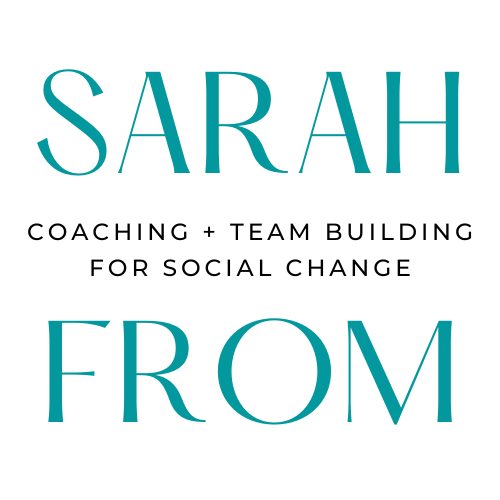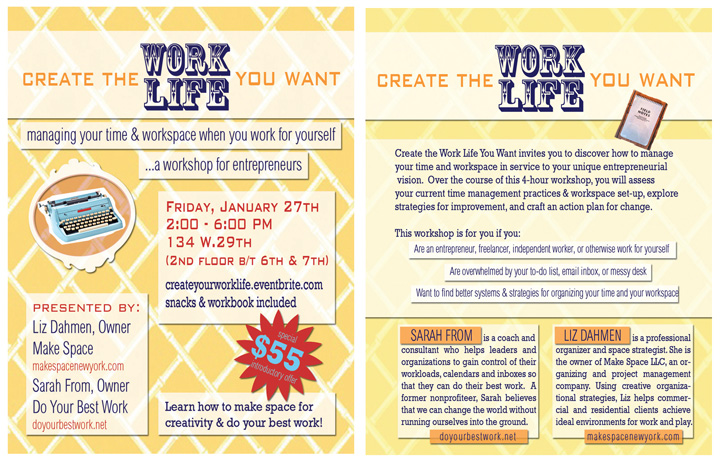A busy work travel schedule can throw even the most balanced of us out of whack. Forget jet-lag -- just being away from the office, our families and our own beds can be seriously disorienting. And then when we return, we face an avalanche of work left behind. Good news: you can take action to prevent travel hell before you even leave for the airport.
Here's how you can set yourself up to take a more sane, less disruptive work trip:
1. Schedule smartly
It can be tempting to book yourself solid while you're on the road. Don't do this. Leave yourself some breathing room to take care of business (answering emails, returning calls, etc.) back on the homefront during your away-workday. A solid hour a day of attention devoted to your home-work will make life a lot easier when you return.
2. Plan for recovery
Schedule your post-trip recovery time ahead of time. Depending on the length of your trip and what happens at home while you're gone, you'll likely need some time to process all the new information you got while you were away and catch up on what you missed. Block off between a couple hours a full day within the first couple days of your return.
3. Manage expectations
Let key colleagues know you'll be on the road and less available than usual. Set your "out of office" message on email to say that you will return emails on the day AFTER you return to the office, not the day-of, to give yourself a little breathing room.
4. Pack healthy snacks
Between the airport food court and the conference buffet, it can be hard to eat well on the road. Play defense against Danishes by packing portable and healthy alternatives like instant oatmeal, almonds, dried fruit, and energy bars.
5. Plan to maintain healthy rituals
If you exercise regularly at home, research the hotel's gym situation (or load up some fitness podcasts) and bring your workout clothes so you can exercise while you're away. If you enjoy a cup of herbal tea before bed at home, make sure you bring your stash for your hotel room.
6. Research the sights
Plan to allow yourself at least half a day to be a tourist, wherever you are. After all, you haven't really been to Georgia unless you've seen the world's largest peanut, right?
7. Get clear about why you're traveling
Like, really clear. Why are you taking this trip anyway? And how will you know if you & your organization have gotten your money's worth? Before you go anywhere, make sure that you know the purpose, outcomes, and process of your trip. Let this guide your decisions about how you focus your time and attention while you're gone.
What do you do to make travel less of an ordeal? Share your tips in the comments.



